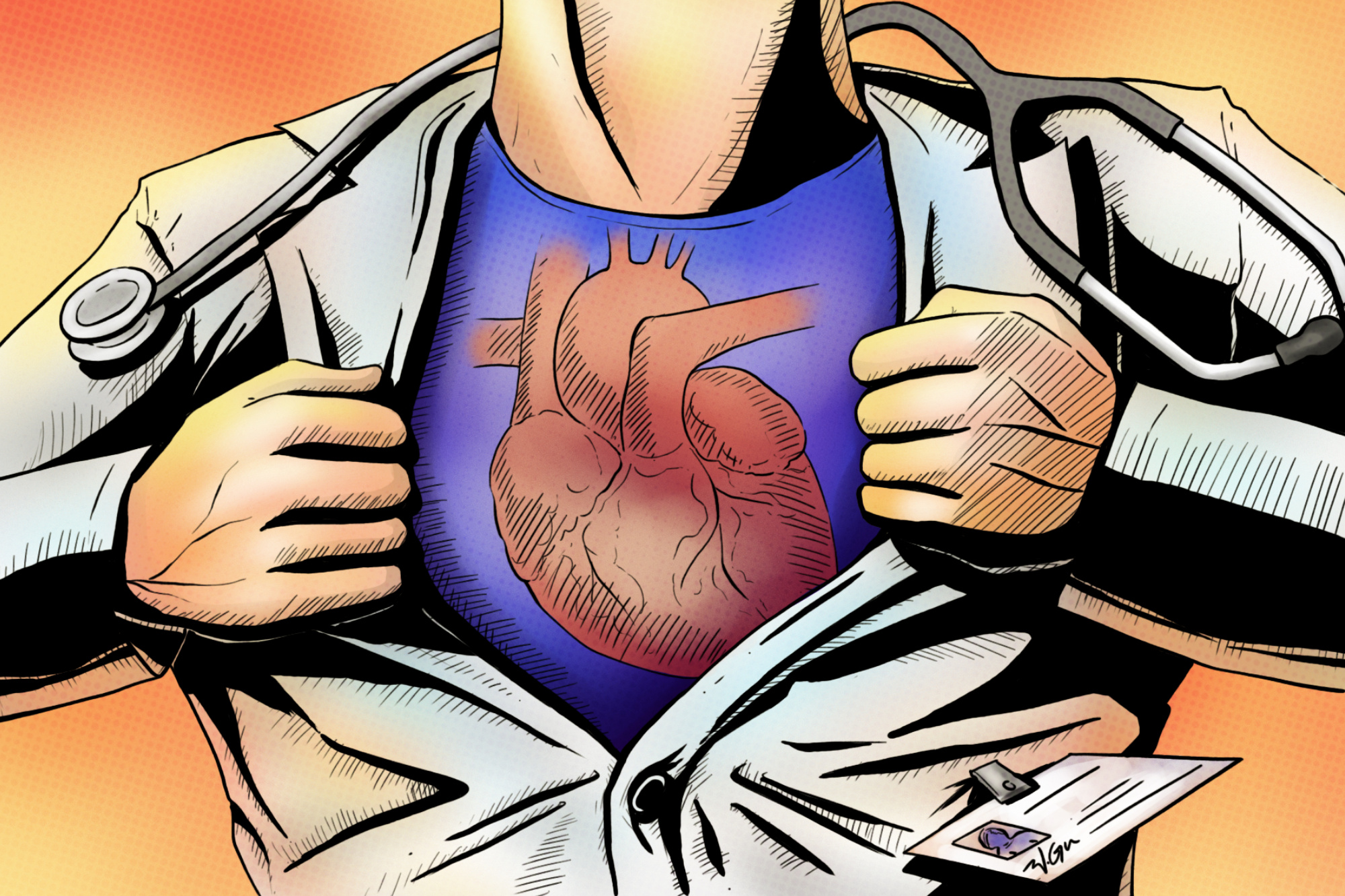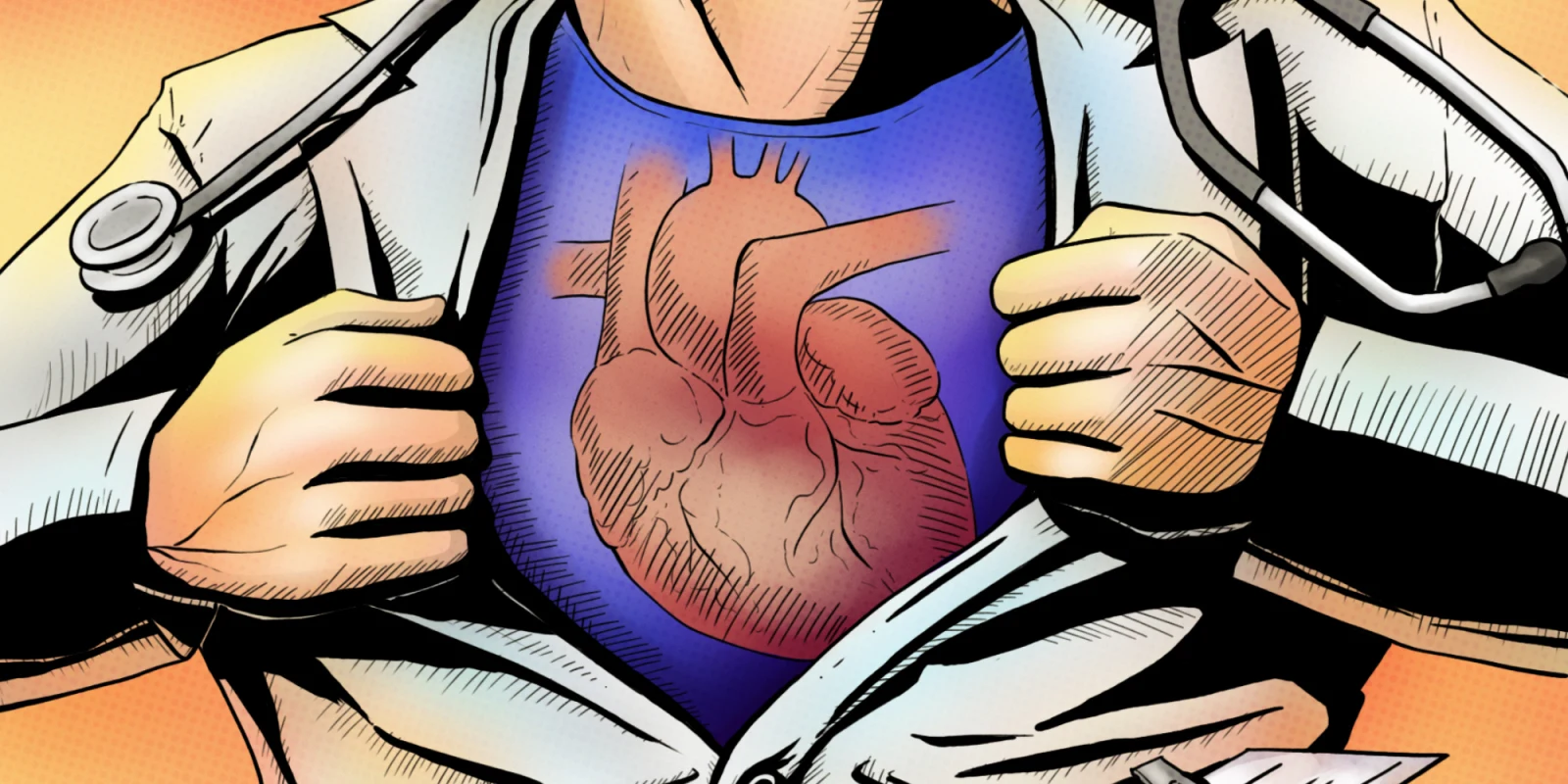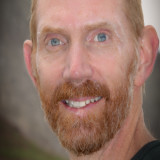
Recently, I learned that a new module is being added to the EHR that my hospital uses. The add-on will require around a dozen bureaucratic mouse clicks every time I prescribe a narcotic for one of my post-operative surgical patients. At best, it only adds to my workload. At worst, it creates a barrier that may keep some patients from getting the medication they need.
Changes to EHR are often called out as the reason for growing pessimism among clinicians who expect processes at their workplace to continue to decline. That being said, EHRs and other administrative tasks are not the root cause of clinician burnout. Nor are RVUs or poor work-life balance.
We are a robust, resilient, intelligent group of dedicated professionals who are capable of weathering and solving problems like these with ease. However, under most systems, we are excluded from teams working to solve these problems. Therein lies the real obstacle: the feeling of a loss of control over our careers and lives.
Not only have we lost influence, but we have no reason to think our current working conditions will improve anytime soon. We feel helplessness at the loss of control and hopelessness because there is no reason to think problematic systems will improve. These gaps are the real causes of clinician burnout presenting significant dangers to clinician wellness today.
The solution is not to simply adopt an optimistic Annie attitude and sing that the "sun will come out tomorrow." The failure of ice cream socials to cure clinician burnout has already proven that. I am optimistic that the Green Bay Packers will go to the Super Bowl this season. However, if Aaron Rodgers and the rest of the team do make it to the big game, I will have done nothing to make that happen from my seat on the sideline.
Hope, on the other hand, is the belief that I can make things better if I work at it. It is the belief that our efforts can have a positive impact. Hope takes more effort than optimism.
Charles R. Snyder is a positive psychologist who derived Hope Theory with the help of his colleagues. This theory defines hope as “the perceived capability to derive pathways to desired goals, and motivate oneself via agency thinking to use those pathways," according to his article published in Psychological Inquiry. In other words, people with hope have the desire to accomplish a goal and the willingness to try multiple different methods to reach that goal.
So, what can we do to feel hope again? There are three characteristics needed to be hopeful: a belief in a better future, a sense of agency in making that better future a reality, and a feeling of community.
Unfortunately, clinicians increasingly feel pushed to the sidelines where we can do little more than watch as high-level changes take place in medicine. The health care system with computerized records, insurance plans, and billing systems has become too unwieldy to modify. There are few or no options for how to conduct our practices and manage our careers. Decisions about the EHR, for instance, happen in far-distant locations by nameless and faceless individuals who lock us into one way of doing our jobs with no way to experiment with new pathways. Circumstances such as these take away our agency and leave us feeling like factory workers on an assembly line. Our only option is to do things the system’s way or to get out. More and more, frustrated and impotent-feeling clinicians are choosing the latter.
Amid all these disruptions in how health care is delivered is another change happening in the background: the shifting culture of medicine. When I started my career, I saw family doctors and internists in the hospital regularly. I met them in our lounge and got to know them over the sandwiches and coffee provided there. Today, the various disciplines are isolated. Hospitalists now care for patients in the hospital and the primary care physicians stay in their offices. In some disciplines like emergency medicine, anesthesia, and radiology, the work is being covered by agencies that bring in locum clinicians to work shifts. The result is a rotating menagerie of white-coat transients we have little opportunity or reason to get to know. In the end, we all feel more isolated from our peers and are losing our camaraderie and collaborative culture.
There has always been talk about the importance of giving patients hope as a necessary part of coping with significant life changes and illnesses. What about extending to clinicians the same courtesy? The changes taking place in medical practice today are dire as any major illness, so why are we failing to provide ourselves with this vital coping mechanism?
Clinicians need hope. We need to be a part of making health care better for ourselves. We need to know that we have some control over the future of health care and our careers. We need better instruments of change and mechanisms in place to have our voices be heard by those who run systems that impact our practice. If individuals who implement the current systems are overwhelmed and unsure of how to proceed then these "leaders" need to seek input from those of us working in the trenches on the frontlines of medicine. We cannot help make things better when we are pushed to the sidelines and excluded from the process. Our contributions need to be solicited and valued.
We must address the problem of clinician burnout and disconnection because the loss of hope is the most significant danger to clinician wellness today. Failure to maintain an optimistic and engaged community of clinicians will result in a hopeless proposition for everyone in health care.
Charles Black, MD has two decades in practice as a community-based general surgeon caring for neonate, nonagenarians, and everyone in between. He lives in the mountains of Colorado where his primary avocation is photography and where he can also be found hiking, skiing, trail running, and generally enjoying nature.
Dr. Black is a 2019-2020 Doximity Fellow.
Illustration by Wendy Gu







